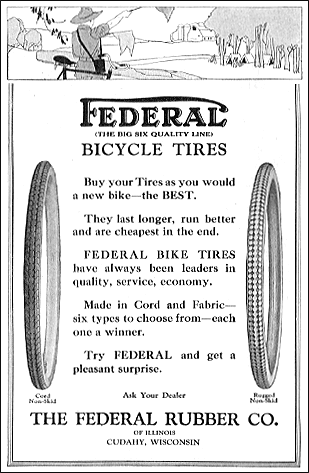
 I HAD WORKED
AT West Hill Shop in Putney, Vermont for about six months in 1978, when
Jan VanderTuin walked in with a pair of wheels and asked to look at
tubular tires. I knew who he was. He’d been in before, and my boss/mentor
Neil Quinn, the owner of West Hill, had told me how VanderTuin had raced
a bit in Vermont, done pretty well and had then headed west and had
even more success road racing in California. I didn’t doubt he
could ride. He was tall, lean, fit looking.
I HAD WORKED
AT West Hill Shop in Putney, Vermont for about six months in 1978, when
Jan VanderTuin walked in with a pair of wheels and asked to look at
tubular tires. I knew who he was. He’d been in before, and my boss/mentor
Neil Quinn, the owner of West Hill, had told me how VanderTuin had raced
a bit in Vermont, done pretty well and had then headed west and had
even more success road racing in California. I didn’t doubt he
could ride. He was tall, lean, fit looking.
Jan (say “yawn”) asked if we had Clement Campionato del Mondo
Setas in stock. I led him to our aged supply of tubulars stored on rims
in a corner. He studied the del Mondos a bit sort of the way Rafa checks
balls before a match, picked two out and asked me to mount
them for him. He said he’d be back that afternoon.
Neil wouldn’t be in for a while, so I contemplated what to do about
the wheels without his help. I knew a bit about tubular tires, having
installed a few on my Motobecane
and Raleigh. But I was no expert. My mechanical
schooling to this point had been almost exclusively Schwinn approved.
I’d spent one summer working at a funky here-today-gone-tomorrow
shop before landing a job in an established Schwinn shop, which had
sold over a thousand Varsitys a year for a decade.
I spent
five years learning the intricacies of Huret derailleurs, Ashtabula
bottom brackets and forks, straightening welded-steel rims and working
with hot patches. I learned how to center bolt-on wheels; the difference
between EA3 and S7 26-inch tires; which indicator to use with a coaster-brake
Sturmey hub; how to seat stubborn tires in a vise; how to perfect Simplex
shifting. In short: I knew a bunch. But tubulars? Shoot, we didn’t
even stock ’em.
But Neil had taught me a lot. I figured I could handle the tubular job
okay. Besides, I wasn’t sure when he’d be in and Jan seemed
eager for the wheels. I got a tube of Clement red glue, jigged up the
wheels and dabbed the goo between each pair of holes in the rim. Putting
my finger in a baggie, I turned the wheels and spread the sticky stuff
smooth. I waited fifteen minutes or so and added a second coat.
In New England, summers can be warm, and that day in ’78 it was
hot; so hot that that Clement glue had a mind of its own. When I got
the sewups mounted I watched in horror as it oozed from under the basetape
and spread up the sidewalls like some blob in a fifties monster flick.
Panicked, I grabbed a rag and spastically tried to wipe the spreading
dollops off before they grew any more conspicuous. Like India ink on
a white shirt, the stains only grew. It occurred to me that I might
be able to cut the awful blotches with WD40, which I hastily applied
to a rag and worked into the now hideously tainted $40 tubular. It didn’t
touch the glue. I went for the solvent. Again, no effect besides adding
a gray tint to the blemished sidewall. Disgusted, I hung the wheels
on a hook, filled out the repair tag and went on to the next job.
The day passed slowly. Jan finally came in. I couldn’t bring myself
to say anything so feeling embarrassed and ashamed, I just handed the
wheels over. I had that black-out feeling you have when you stand up
too quick and see spots. He held a wheel up studying it. He put it down,
picked up the other and turned it over in the light examining my handiwork.
Then he lowered the wheel, looked at me, and said, “You don’t
do this very often, do you?”

